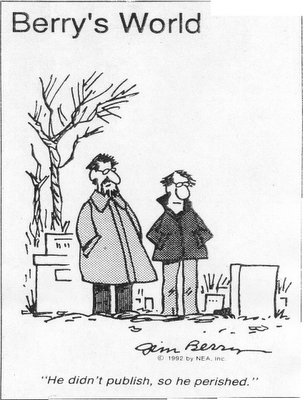
Publish or Perish Cartoon
Academic research is often seen as the basis for promotion through the faculty ranks and the golden ticket to tenure. Turns out, most of it is a waste of time. Although there still remains a small contingency of academics who believe tenure should be based on a professor’s ability to teach students rather than how often he or she is published in academic journals, the old adage of “publish or perish” prevails. A study conducted by Indiana University found that 90% of papers published in academic journals are never cited by anyone else and as many as 50% of papers have only seen the eyes of their authors, referees and editors.
In an effort to see how my limited academic publishing has impacted the world, I used scholar.google.com to search for references to my academic research. Among with some non-academic articles, I found my dissertation. I am proud to say at least five committee members, plus my advisor (and a few editors I bribed with beer) consumed this bit of brilliance. I figure about ten other people have feasted on my writing, albeit probably by accident. According to my calculations, approximately three times as many people have read my literary contributions than have read the vast majority of most other academic authors. BOOM.
As I neared the end of the short list of citations, I was surprised to see a reference in a book entitled Redemption Concluded written by Van G. Gill and published in 2012 by Friesen Press. I was thrilled to see my work being used by a fellow scholar and to learn how my study of the personal characteristics of effective turnaround presidents at private, not-for-profit institutions would fit into this book. Maybe the non-traditional characteristics I discovered in my dissertation were finally getting noticed and were being validated by the academic community! While I eagerly read though the citation, which correctly identified me as the (former) VP for Institutional Advancement at Sterling College, I learned the author of “Dispensationalism” is, in fact, the Reverend Mark Sarver, a title no one has ever mistakenly bestowed upon me.

So, although I was cited in an academic work, it was in error. But don’t tell Friesen Press – they may want those royalty checks back.

Publish or Paris Cartoon

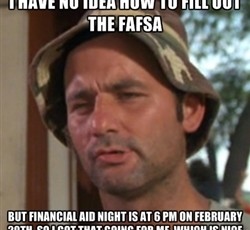
 We all know the
We all know the 
 The government just released the new amount for Pell Grants next year – $5,730.
The government just released the new amount for Pell Grants next year – $5,730.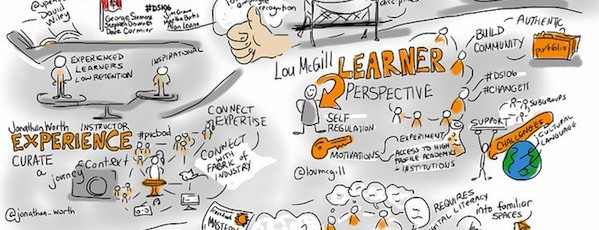
 When I was little, one of my favorite meals was a big bowl of spaghetti with extra Parmesan cheese on top. My mother always let me shake the green can of cheese over the steaming pile of pasta, and I would shake until I had a perfect dusting of cheesy golden deliciousness. We gave it the nickname “Shaky Cheese.”
When I was little, one of my favorite meals was a big bowl of spaghetti with extra Parmesan cheese on top. My mother always let me shake the green can of cheese over the steaming pile of pasta, and I would shake until I had a perfect dusting of cheesy golden deliciousness. We gave it the nickname “Shaky Cheese.”
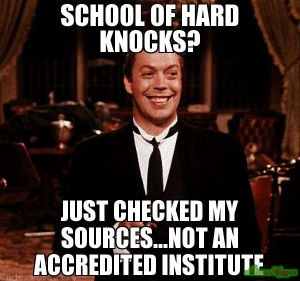 And Senator Rubio called for a “swift overhaul of accreditation.” Again, sounds like something I have been advocating for a while. And how is the good Senator going to do this? By creating an independent accrediting body to accredit free online courses. Great, so now we have regional accrediting bodies, national accrediting bodies, state accrediting bodies and now an independent accrediting body. Tell me again how this reduces costs?
And Senator Rubio called for a “swift overhaul of accreditation.” Again, sounds like something I have been advocating for a while. And how is the good Senator going to do this? By creating an independent accrediting body to accredit free online courses. Great, so now we have regional accrediting bodies, national accrediting bodies, state accrediting bodies and now an independent accrediting body. Tell me again how this reduces costs?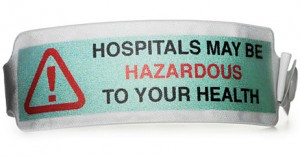 As I was traveling by car to my parent’s home in West Virginia, I was listening to NPR on the radio. I am not sure which program or even the name of the guest because of the lack of reception in the mountains, but I listened in amazement as the host and a physician discussed a study published in the
As I was traveling by car to my parent’s home in West Virginia, I was listening to NPR on the radio. I am not sure which program or even the name of the guest because of the lack of reception in the mountains, but I listened in amazement as the host and a physician discussed a study published in the 